Luggage specialist Rimowa celebrates its 125 anniversary
The internal call sign for classy carry-on, Rimowa reveals the origins of its lightweight grooved luggage
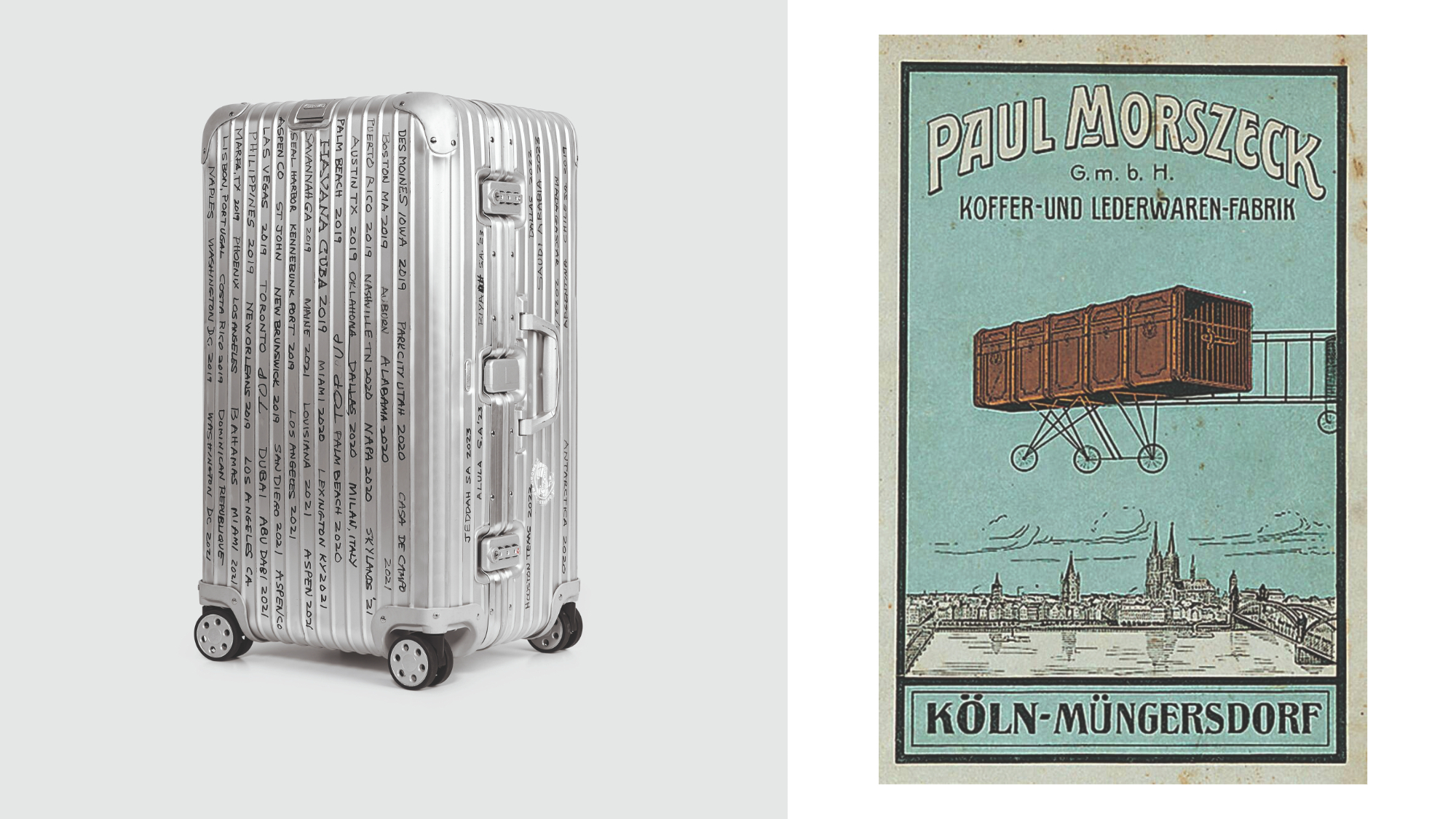
Recognisable at airports around the world, the grooved shells of Rimowa suitcases – made from polymers or, most famously, aluminium – are in and of themselves a tribute to aviation.
Originally, the parallel pattern was designed – in 1950 – to mimic the corrugated fuselage of the pioneering all-metal transport aircraft Junkers F 13, which first took to the skies in 1919. It's a fitting homage, as the history of Rimowa, which this year celebrates its 125th anniversary, is chaptered by changing modes of transport.
"What is interesting with our cases is that they are a clear demonstration of the evolution of travel in general," says Emelie De Vitis, Rimowa's senior vice president of product and marketing. "You can see different milestones, like the explosion of air travel in the 1950s."
The Week
Escape your echo chamber. Get the facts behind the news, plus analysis from multiple perspectives.

Sign up for The Week's Free Newsletters
From our morning news briefing to a weekly Good News Newsletter, get the best of The Week delivered directly to your inbox.
From our morning news briefing to a weekly Good News Newsletter, get the best of The Week delivered directly to your inbox.
Paul Morszeck established the business that would become Rimowa in 1898, opening a saddlery shop in Cologne. The company specialised in travel wardrobes and steamer trunks, built for ocean crossings and longer train journeys.
Displayed as part of Rimowa's "Seit 1898", a touring exhibition that has stopped in Tokyo and New York and is soon to open in Shanghai and then Cologne, is a sizeable wardrobe trunk lined in fabric and dated to the 1950s. It is built from steel and vulcanised fibre, and made complete with wooden hangers.
Somewhat more agile are cases proportioned to be attached to early automobiles and made from leather-coated plywood or vulcanised fibre. Aluminium was introduced in 1927, offered as a metallic trim that catches the eye.
In 1931, Paul's son Richard joined the company – Rimowa is a portmanteau of his name and Warenzeichen, the German term for trademark – and not long after, in 1937, the family embraced aluminium as a core material.
A free daily email with the biggest news stories of the day – and the best features from TheWeek.com
"Do you know that serendipitous anecdote of why we use aluminium?" asks De Vitis. "There was a fire at the factory. We were making leather and wooden trunks, which all burned. The only thing that stayed was the aluminium component."
Aluminium has since been used to fabricate carry-on and check-in luggage; Rimowa has also used the metal for more experimental designs: bespoke cases shaped to hold a dozen bottles of champagne, golf clubs, watches or vinyl records.
Elsewhere, the brand, which in 2016 joined luxury goods group LVMH, has extended carte blanche to creative collaborators: Dior's artistic director of menswear, Kim Jones, has cloaked anodised aluminium in the fashion house's famous Oblique logo pattern; last year, Paris design practice Avoir envisioned a cabin built from grooved aluminium.
"Aluminium is a strong symbol of Rimowa," says De Vitis. "[It] is complicated to use and that's why we are one of the few brands to have aluminium cases. It takes a long time to develop the frame, the moulds, everything that we need. Sometimes people say that we are slow, but that's because there is so much engineering that goes into the aluminium, it takes time to come up with solutions."
It's a way of working that at Rimowa has been christened Ingenieurskunst, which translates as "the art of engineering". Explains De Vitis: "We say it's like a symphony, mixing German engineering with craftsmanship, technique and finesse."
Good to know
Fans of Rimowa include Patti Smith, Takashi Murakami, Roger Federer and Martha Stewart, who customises her trunk using a black marker pen. "I write every destination of my trips on my Rimowa," says Stewart. "It’s called memory keeping."
-
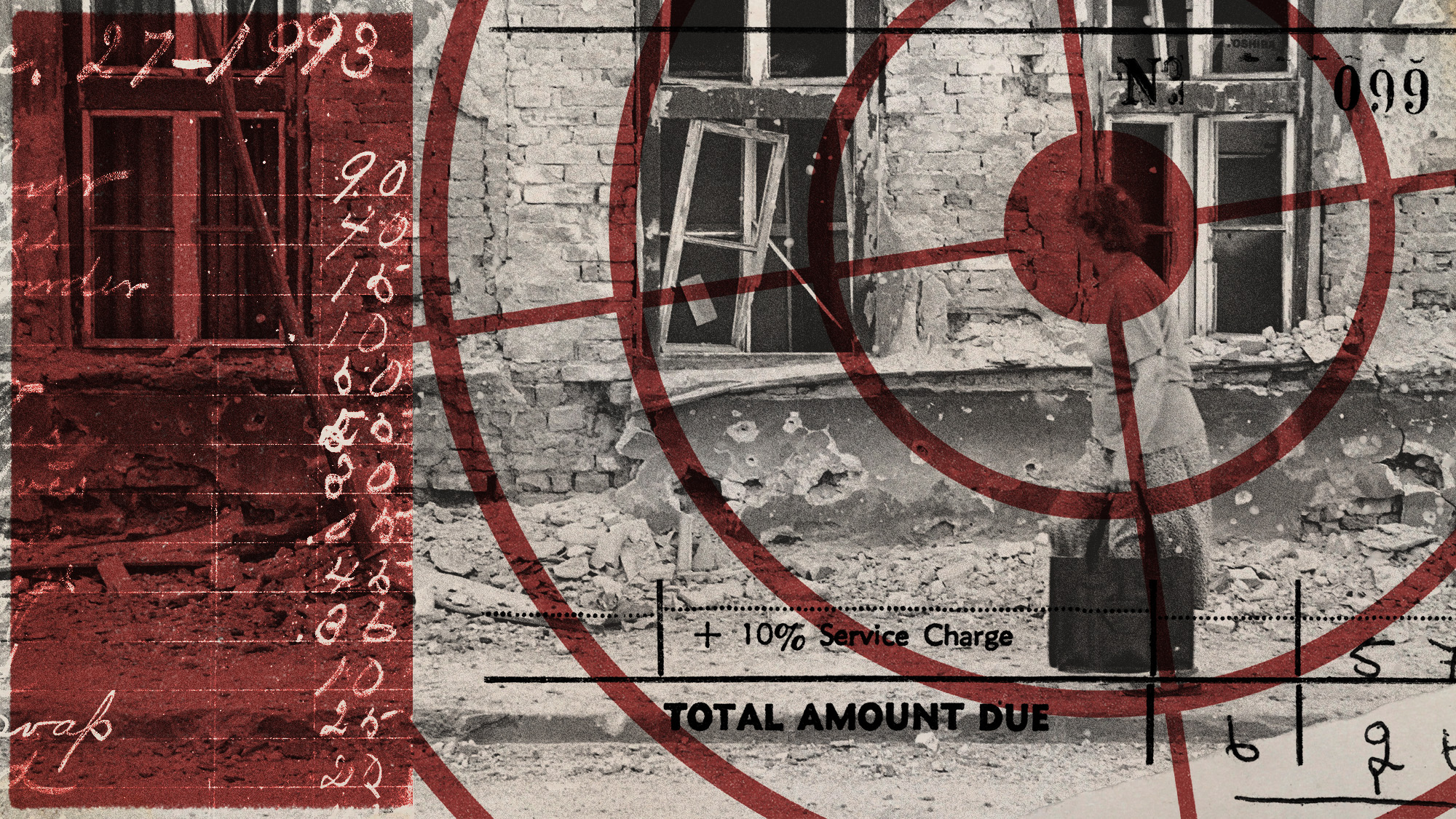 Who were the ‘weekend snipers’ of Sarajevo?
Who were the ‘weekend snipers’ of Sarajevo?Under the Radar Italian authorities launch investigation into allegations far-right gun enthusiasts paid to travel to Bosnian capital and shoot civilians ‘for fun’ during the four-year siege
-
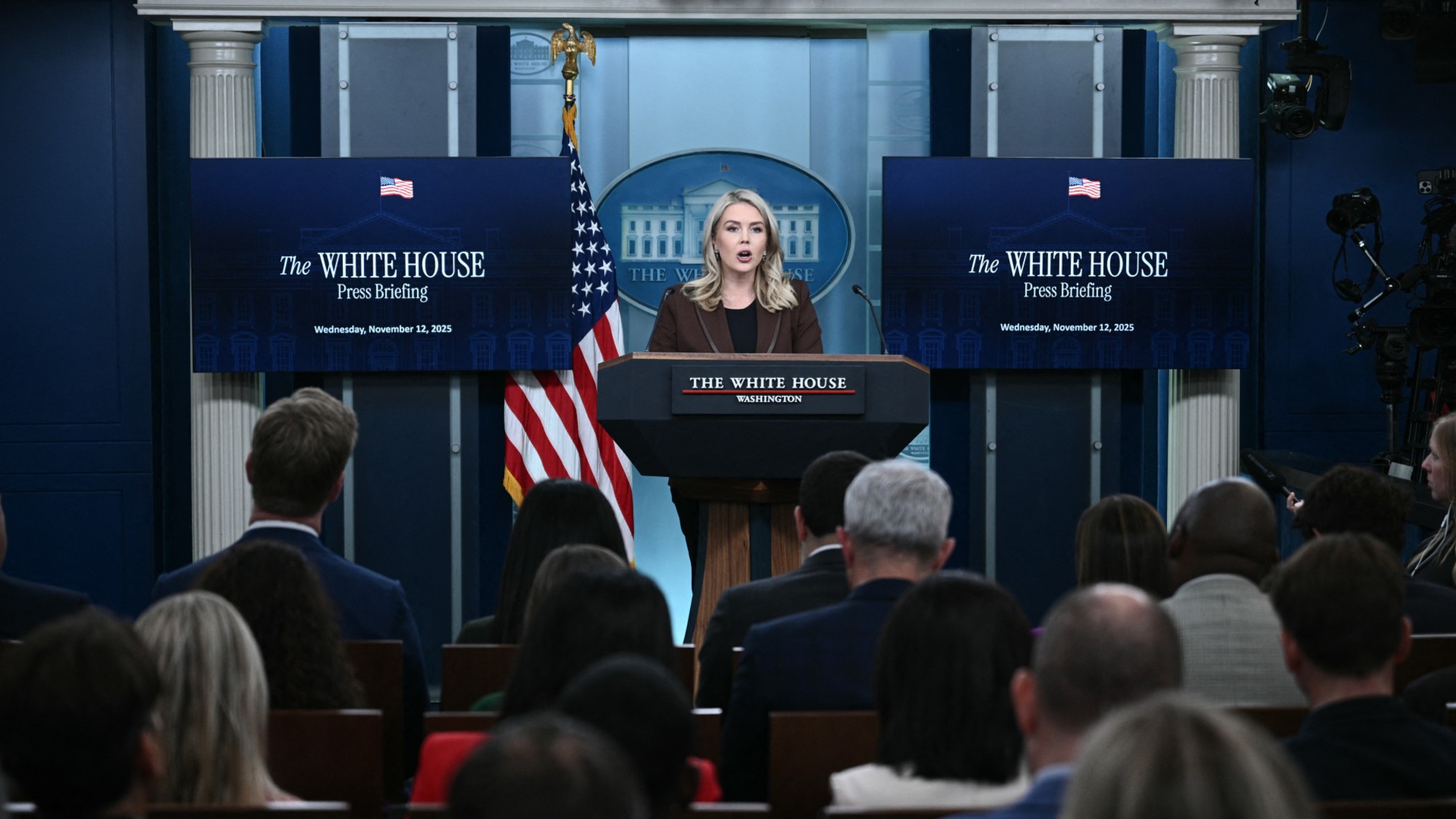 A free speech debate is raging over sign language at the White House
A free speech debate is raging over sign language at the White HouseTalking Points The administration has been accused of excluding deaf Americans from press briefings
-
 Glinda vs. Elphaba, Jennifer Lawrence vs. postpartum depression and wilderness vs. progress in November movies
Glinda vs. Elphaba, Jennifer Lawrence vs. postpartum depression and wilderness vs. progress in November moviesthe week recommends This month’s new releases include ‘Wicked: For Good,’ ‘Die My Love’ and ‘Train Dreams’
-
 A 34-year-old plane is at the center of the UPS crash
A 34-year-old plane is at the center of the UPS crashIn the Spotlight Many air cargo companies use planes that are this old
-
 DC tourism has taken a hit
DC tourism has taken a hitUnder the Radar The government shutdown has reduced tourist attractions
-
 At least 7 dead in Kentucky UPS cargo plane explosion
At least 7 dead in Kentucky UPS cargo plane explosionSpeed Read Another 11 people were hurt
-
 The dazzling coral gardens of Raja Ampat
The dazzling coral gardens of Raja AmpatThe Week Recommends Region of Indonesia is home to perhaps the planet’s most photogenic archipelago
-
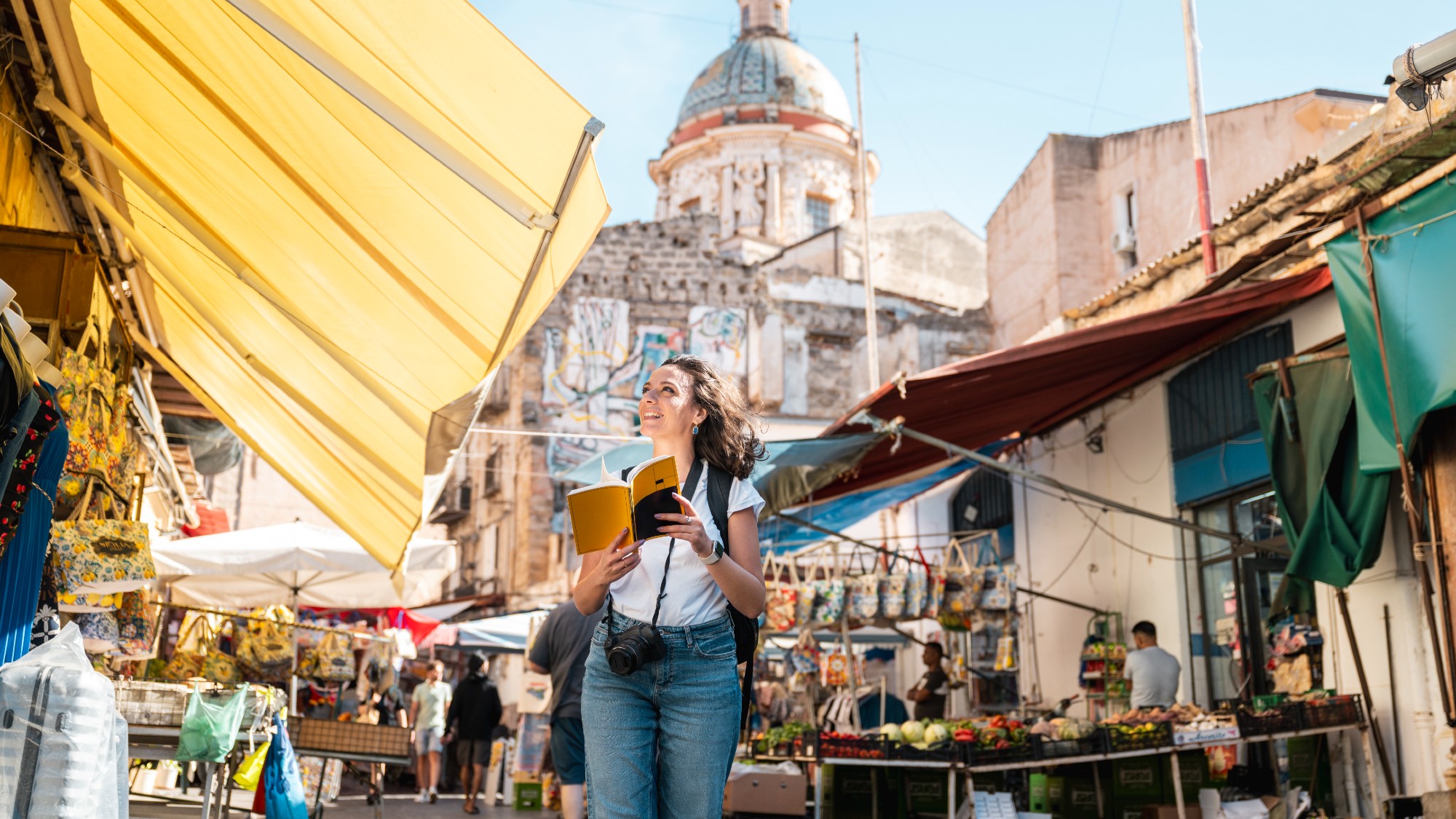 Everything you need to know about last-minute travel
Everything you need to know about last-minute travelThe Week Recommends You can book an awesome trip with a moment’s notice
-
 Dry skin, begone! 8 products to keep your skin supple while traveling.
Dry skin, begone! 8 products to keep your skin supple while traveling.The Week Recommends Say goodbye to dry and hello to hydration
-
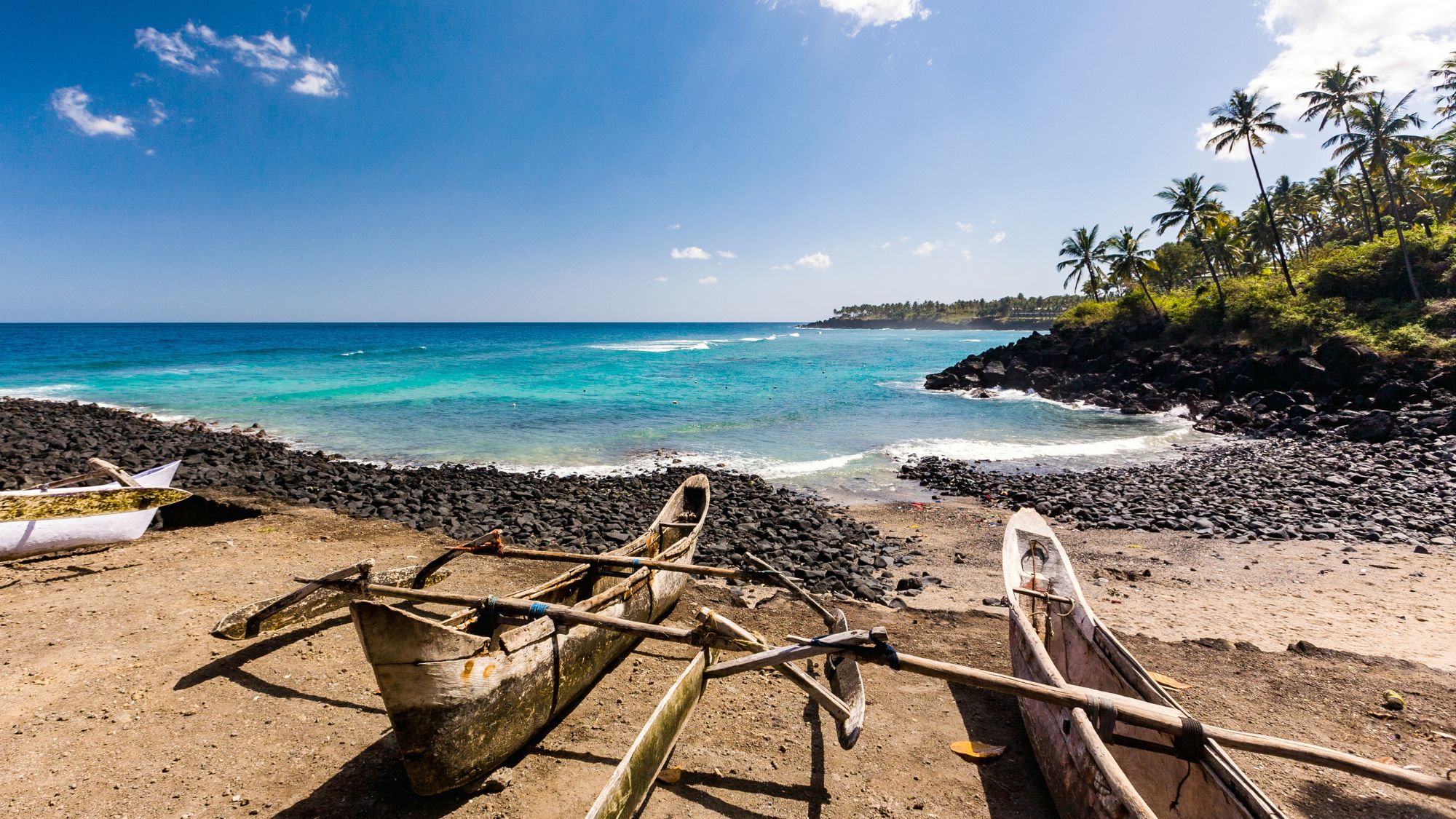 A little-visited Indian Ocean archipelago
A little-visited Indian Ocean archipelagoThe Week Recommends The paradise of the Union of the Comoros features beautiful beaches, colourful coral reefs and lush forests
-
 Trouble on the seas as cruise ship crime rates rise
Trouble on the seas as cruise ship crime rates riseThe Explainer Crimes on ships reached nearly a two-year high in 2025